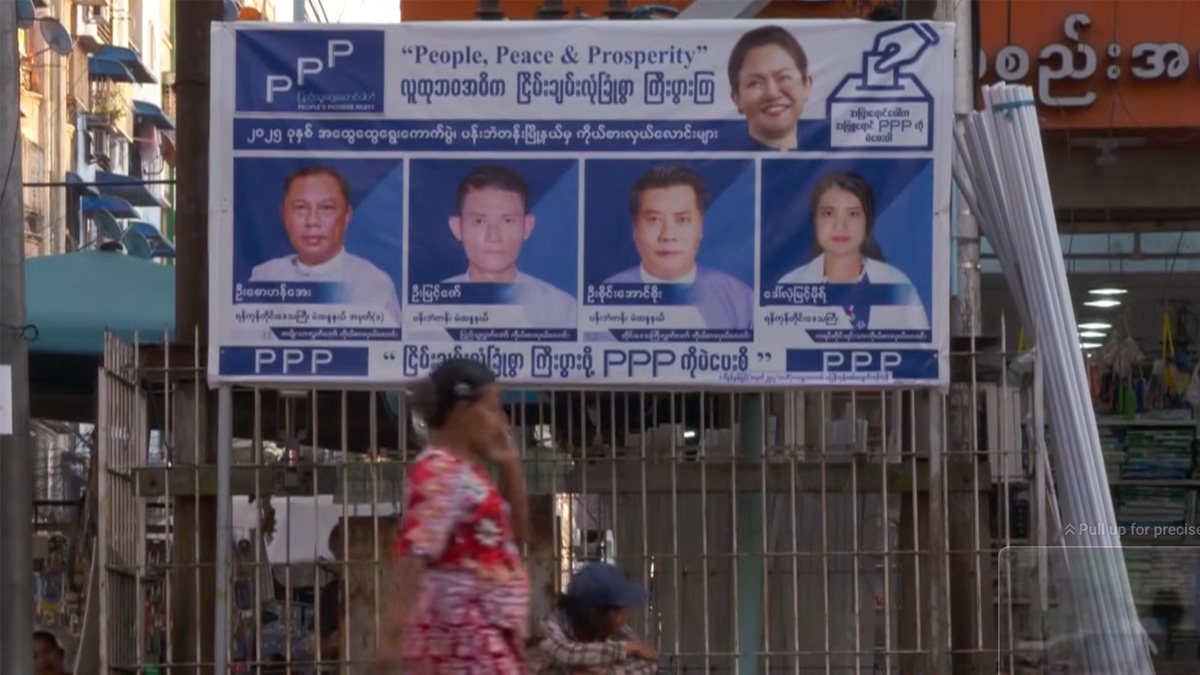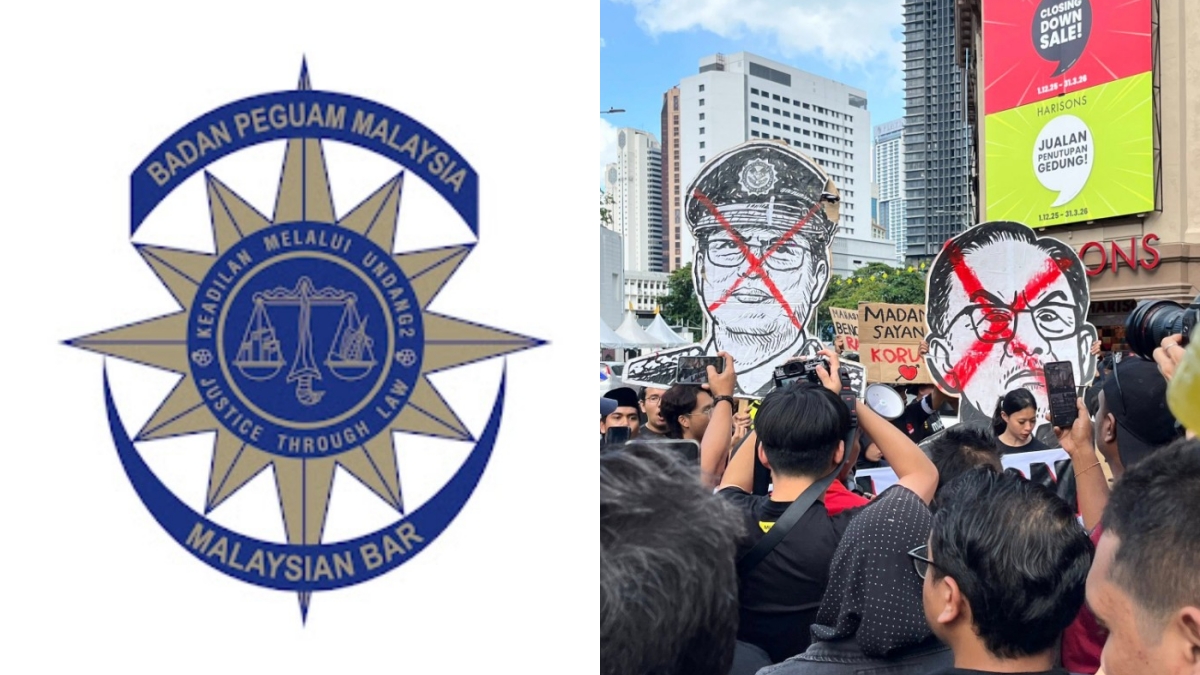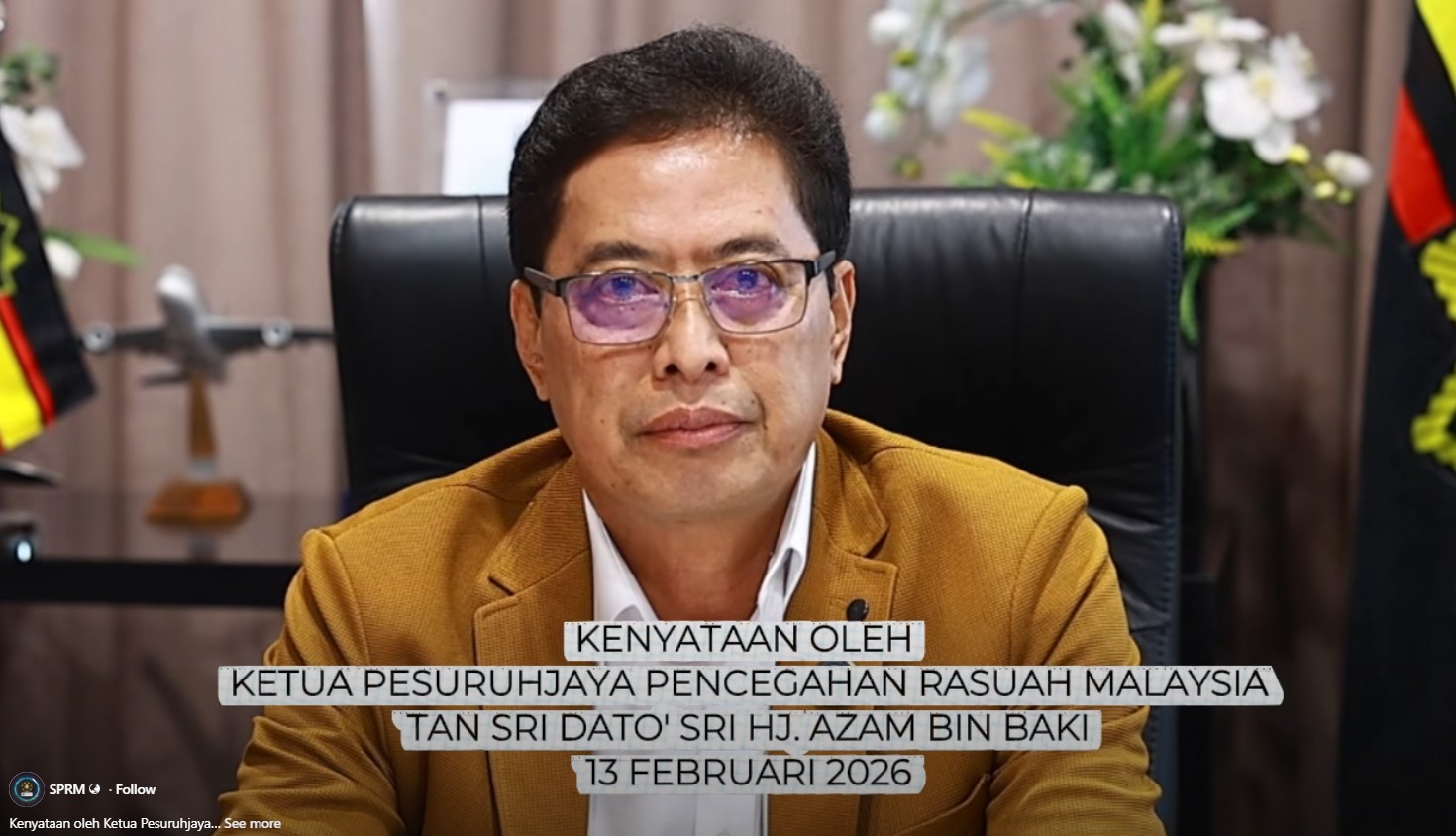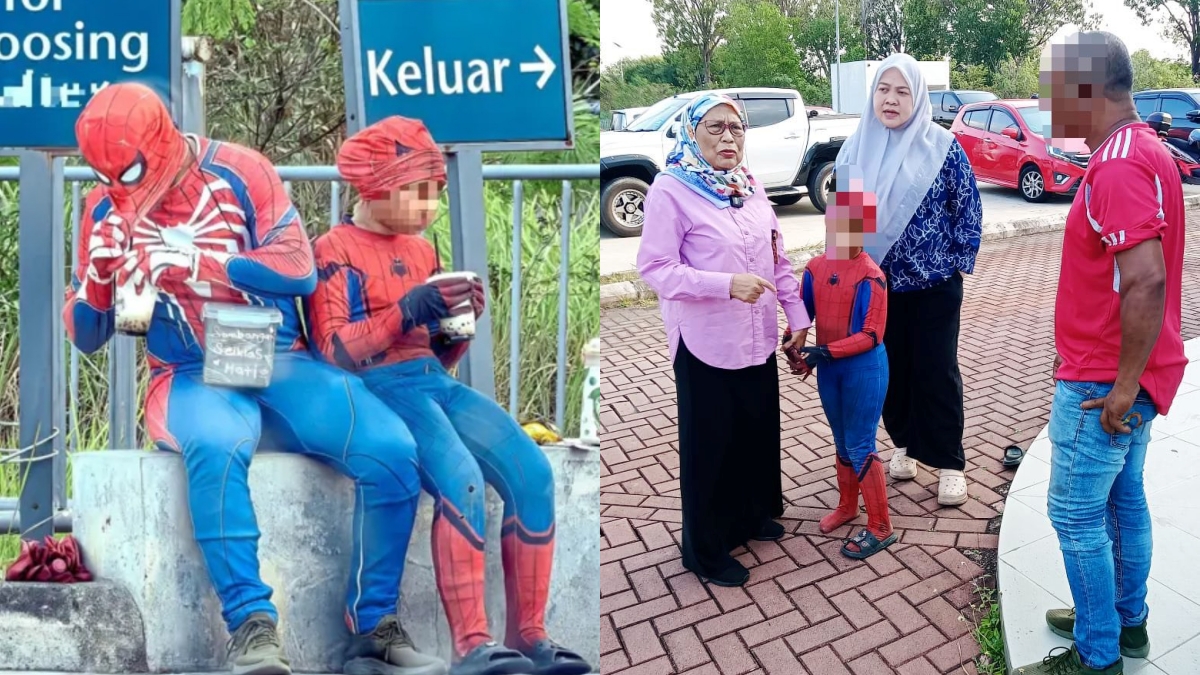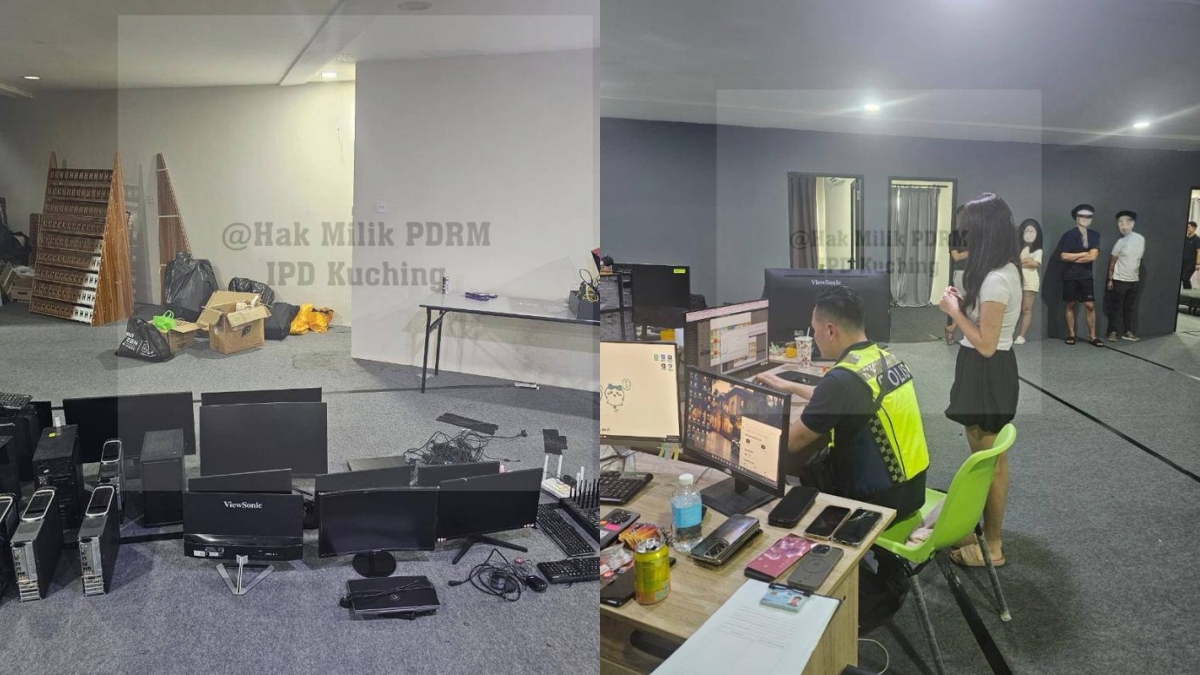UN experts urge Malaysia to release disabled transgender prisoner Thanakorn Sinsanoi
UN experts and Malaysian prison authorities have both acknowledged that Thanakorn Sinsanoi's deteriorating health makes her continued detention unsafe, intensifying calls for her immediate release and clemency.

UN human rights experts have reiterated their call for the immediate release of Thanakorn Sinsanoi, a transgender woman with disabilities serving a 30-year sentence in a male prison in Malaysia, citing serious concerns over potential human trafficking and her rapidly deteriorating health.
In a statement on 5 November 2025, the experts expressed concern that Malaysian authorities failed to properly assess whether Sinsanoi, also known as Pau, was a victim of trafficking for the purpose of forced criminality. They stressed that failing to apply the non-punishment principle may have led to a miscarriage of justice.
Sinsanoi was arrested in July 2013 at Kuala Lumpur International Airport for possession of 1.3 kilogrammes of methamphetamine. She claimed the package was packed by a friend. Her sentence was commuted from the death penalty to 30 years in 2023 following Malaysia’s reform of mandatory capital punishment.
UN experts noted that Sinsanoi’s medical condition—she is quadriplegic, bedridden, and dependent on others for all daily functions—places her life at serious risk while incarcerated. She has contracted tuberculosis twice and suffers from severe complications, including nutritional deficiency, organ damage, and total physical dependency.
In response to international concern, the Malaysian Government confirmed that the Malaysian Prison Department submitted a petition for leniency on 22 November 2024 to the Selangor State Pardons Board under Regulation 113 of the Prisons Regulations 2000.
According to the government’s reply, this petition was based on medical grounds, acknowledging that Sinsanoi's health condition makes prolonged incarceration inappropriate.
The prison department has stated that Sinsanoi is housed in a prison clinic with ongoing medical supervision. Authorities also affirmed her legal rights were upheld during her death sentence review in February 2024.
However, a medical report submitted with the government’s response to the UN offers a stark assessment. It concluded that the likelihood of Sinsanoi's physical recovery is “very slim,” citing risks such as sudden reactivation of tuberculosis, organ deterioration, infection due to stoma and urinary tubes, and dependence for all basic care.
“There is a high likelihood that the prisoner’s health will continue to deteriorate,” the medical officer wrote, recommending that she be relocated outside prison, ideally to live with family, to receive proper care and medical follow-up.
Despite these internal findings, Sinsanoi remains incarcerated as of November 2025. The UN experts stressed that the failure to act on these assessments “puts her life at risk” and reflects broader issues in victim identification and support.
Domestic human rights group Hayat has also continued its public campaign for clemency. It has urged citizens to petition the Sultan of Selangor, Sultan Sharafuddin Idris Shah, who chairs the Pardons Board, and provided a letter template for public use. Hayat argues that Sinsanoi poses no threat to society and should be allowed to live in dignity and safety.
Sinsanoi’s placement in a male prison, despite identifying as a woman, further compounds her vulnerability. Malaysia does not legally recognise transgender identity, resulting in her confinement in a male facility and reliance on male inmates for her care.
The case has highlighted the intersection of trafficking, gender identity, disability rights, and prison conditions.
UN experts concluded by calling on Malaysia to fulfil its international obligations under human rights and anti-trafficking conventions, which include non-punishment of victims, proper identification procedures, and protection for disabled and transgender individuals in state custody.


